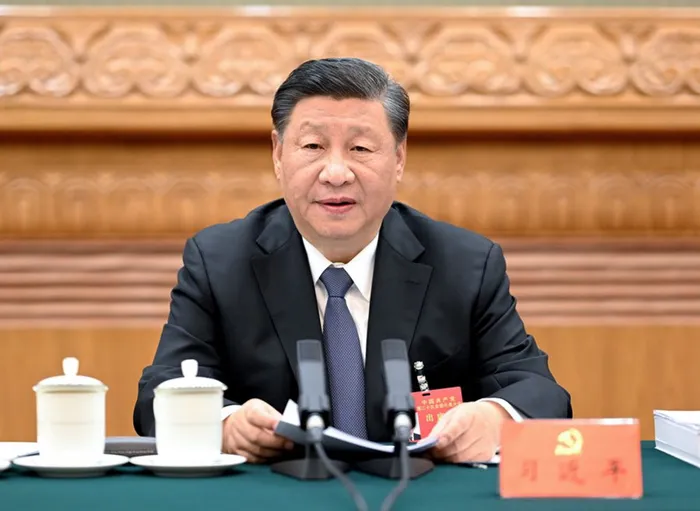China and South Africa work together at G20 Summit

The nations committed to work together to promote increased Chinese investment in infrastructure and bilateral trade. Chinese President Xi Jinping
By Helmo Preuss: Economist at Forecaster Ecosa
Chinese President Xi Jinping and South African President Cyril Ramaphosa committed to work together at the G20 Leaders Summit held in the Republic of Indonesia on 15 and 16 November 2022.
The G20 Leaders Summit in Bali was hosted by His Excellency President Joko Widodo, under the theme “Recover Together, Recover Stronger”.
The Summit grouped world leaders with the notable exception of Russian President Vladimir Putin whose economies account for 85% of the global Gross Domestic Product (GDP), 80% of world trade and two-thirds of the world’s population. The Summit discussions focussed on food and energy security, health, digital transformation, infrastructure and investment.
“We meet at a time of momentous changes unseen in a century, changes that are consequential to the world, to our times, and to history. The Covid-19 pandemic still drags on with cases surging here and there. The world economy is getting more fragile. The geopolitical environment remains tense.
Global governance is seriously inadequate. Food and energy crises are compounded with one another. All this poses formidable challenges to our development,” Xi said in his speech to the G20 Summit.
To address these challenges, Xi said it is imperative that all countries embrace the vision of a community with a shared future for mankind, and advocate peace, development, and win-win cooperation. All countries should replace division with unity, confrontation with cooperation, and exclusion with inclusiveness.
“All G20 members should take the responsibility inherent in being major international and regional players, and should lead by example in promoting development of all nations, improving the well-being for the whole mankind, and advancing progress of the entire world,” he said.
Ramaphosa said in his speech to the working session on food and energy security that developed countries in the G20 need to demonstrate more ambitious climate action and must honour their financial commitments to developing economies. As a quid pro quo, South Africa will continue to contribute its fair share to the global climate change effort through a just energy transition that supports sustainable development.
In his bilateral meeting with Xi, the two leaders affirmed the special strategic relationship between the two countries. The nations committed to work together to promote increased Chinese investment in infrastructure and bilateral trade.
The two presidents re-affirmed their collective position on resolving global challenges through multilateral institutions. In that respect Ramaphosa welcomed Xi’s support for China to hand over the chair of BRICS to South Africa in 2023, which coincides with 25 years of diplomatic relations between the two nations. The two Leaders also expressed support and agreement on the proposition of a permanent G20 African Union membership. South Africa and China consent on seeking commitments from developed economies to fulfil their Paris COP21 climate agreements.
The two nations further committed on more ambitious climate action goals.
Xi noted that China and South Africa enjoy a special friendship of “comrades plus brothers”. China and South Africa would in line with the Summit’s theme, recover together and recover stronger”.
They would also work together to promote the common interests of developing countries, which included asking the G20 to welcome the African Union as a member. China stands ready to consolidate political mutual trust and promote even greater development of the comprehensive strategic partnership between China and South Africa.
In that respect, as South Africa’s largest trading partner, China’s continued development will provide more opportunities for South African exporters. It will also encourage greater infrastructure investment by forging stronger synergy between China’s Belt and Road Initiative and the South African Economic Reconstruction and Recovery Plan, both of which focus on infrastructure investment as a means of promoting higher economic growth.
This would also entail more cooperation on trade, investment and energy, supporting Chinese companies in investing and doing business there, and expand China’s import of quality higher value added products from South Africa.
Ramaphosa thanked China for its generous help to South Africa and other African countries on Covid-19 response and being among the first countries to help African countries ease the debt problem. South Africa hopes to learn from China’s experience in green development and energy transition. China is expected to add 100 Gigawatt or around double Eskom’s existing capacity, of solar power this year, according to the China Renewable Energy Engineering Institute.
Related Topics: